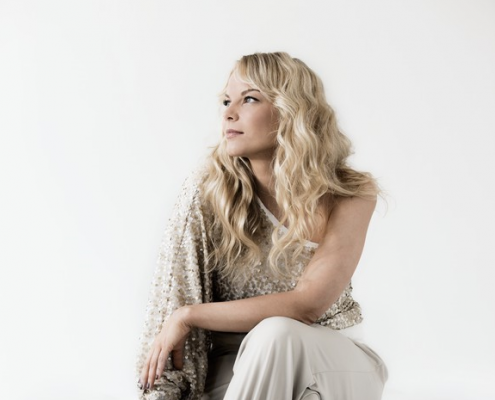 https://elinagaranca.com/wp-content/uploads/2020/09/elina-thumb-1-1.png
503
575
ameisenhaufen_sebastian
https://elinagaranca.com/wp-content/uploads/2020/08/logo.png
ameisenhaufen_sebastian2020-09-07 09:35:382020-09-07 17:45:06Vulture/NY Mag
https://elinagaranca.com/wp-content/uploads/2020/09/elina-thumb-1-1.png
503
575
ameisenhaufen_sebastian
https://elinagaranca.com/wp-content/uploads/2020/08/logo.png
ameisenhaufen_sebastian2020-09-07 09:35:382020-09-07 17:45:06Vulture/NY Mag https://elinagaranca.com/wp-content/uploads/2020/09/elina-thumb-1-1.png
503
575
ameisenhaufen_sebastian
https://elinagaranca.com/wp-content/uploads/2020/08/logo.png
ameisenhaufen_sebastian2020-09-07 09:35:382020-09-07 17:45:06Vulture/NY Mag
https://elinagaranca.com/wp-content/uploads/2020/09/elina-thumb-1-1.png
503
575
ameisenhaufen_sebastian
https://elinagaranca.com/wp-content/uploads/2020/08/logo.png
ameisenhaufen_sebastian2020-09-07 09:35:382020-09-07 17:45:06Vulture/NY Mag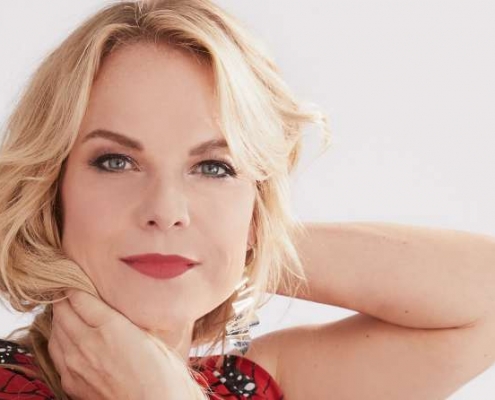
The New York Times
"She directed phrases full of blazing sound and temperament at the tormented Samson. She brought elegant and pining emotion to Dalila’s great aria “Mon coeur s’ouvre à ta voix"
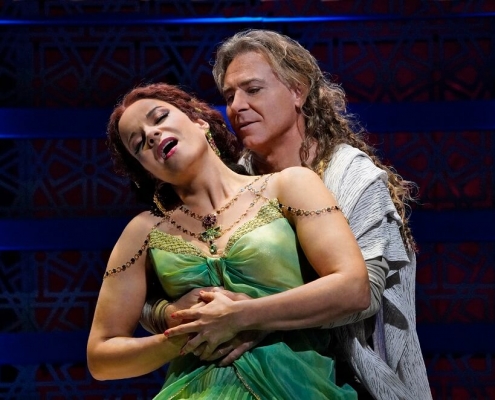
Parterre
"Garanca—with Alagna—provided one of the most bewitching quarter-hours I’ve experienced in an opera house in a long while. Exploiting Sir Mark Elder’s exceptionally spacious tempi, she transformed the hackneyed “Mon coeur” imbuing its long phrases with incomparably and intoxicating longing."
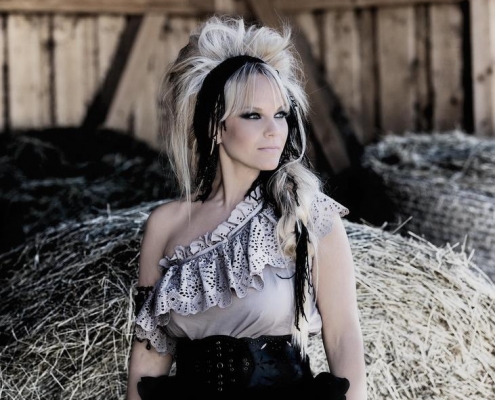
New York Classical Review
Elīna Garanča is one of the most sought-after singers on Earth; among mezzo-sopranos she has few peers, vocally, musically, or dramatically.
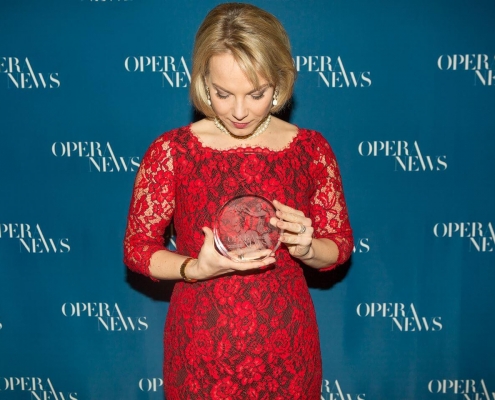
Opera News
Not yet forty and now in the second decade of her career, the Latvian mezzo has established herself as one of the most gratifying performers on the opera stage today, leaving an indelible stamp on characters ranging from Carmen and Charlotte to Sesto in Clemenza, bel canto heroines such as Angelina, Rosina and Giovanna Seymour to Strauss’s Octavian.
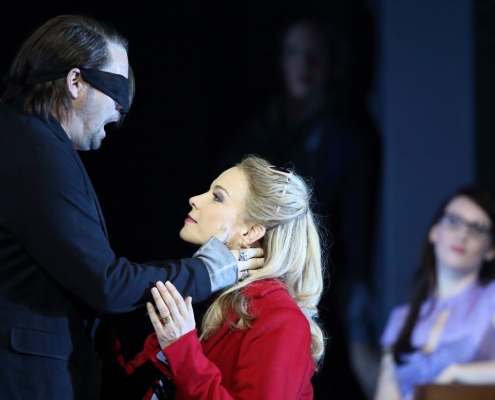
The Observer
Ms. Garanca’s singing from her first phrases defined what is meant by “Met quality,” abundant, sumptuous tone and generous phrasing. This is an artist we need to hear in the great roles of her Fach: Donizetti’s Favorite, for instance, or Eboli in Verdi’s Don Carlos.

The Times
"Garanča easily projects virility and positions the notes, whatever their register, like a darts player hitting the bull’s-eye."
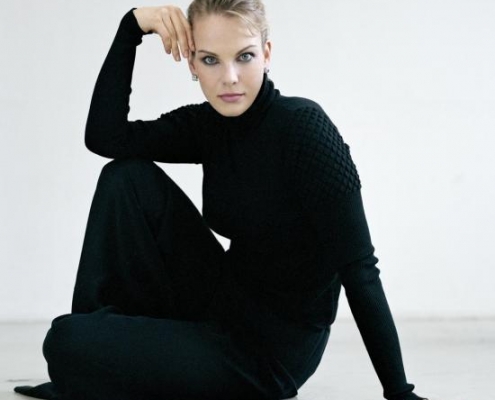
Opera News
"If [others were] just a hair’s breadth away from perfection, Elīna Garanča hit the mark dead on target."
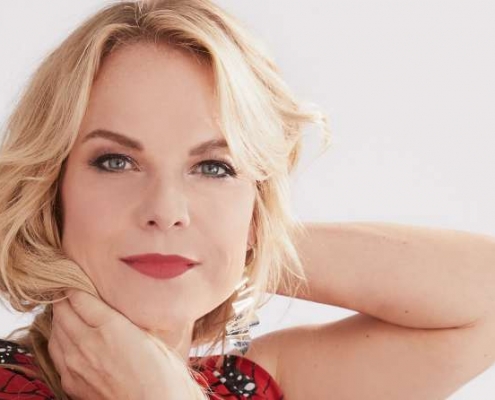
The New York Times
"[Garanča] sings with rich sound, an unerring feel for the nuance and subtext of a phrase, and alluring sensuality. The clarity in her singing makes this Carmen seem intelligent and wily."
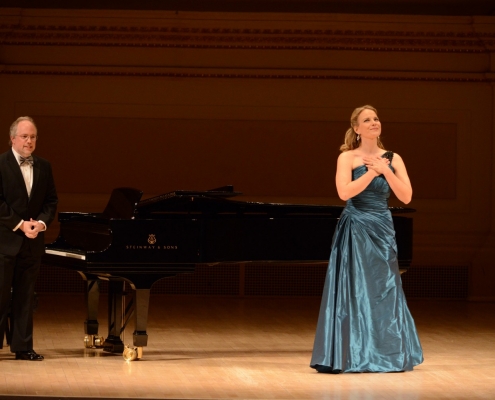
The Independent
"Elīna Garanča’s voice is one-in-a-million, allying grace and power to a commanding authority."
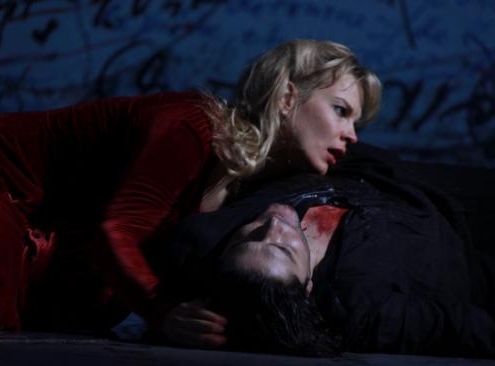
Der Spiegel
"It’s a marvel to see the virtuosic ease with which Elīna Garanča almost casually sails over the hurdles of the material: Never at the limit, and always smiling as she expertly sings, as if it were nothing."

Associated Press
"Garanča, a tall, strikingly beautiful and fast-rising star from Latvia, sings with alluring tone and captures the gypsy Carmen’s sexual swagger and self-confidence. Under Eyre’s shrewd direction, she dispenses with much of the tired, traditional stage action associated with the character."
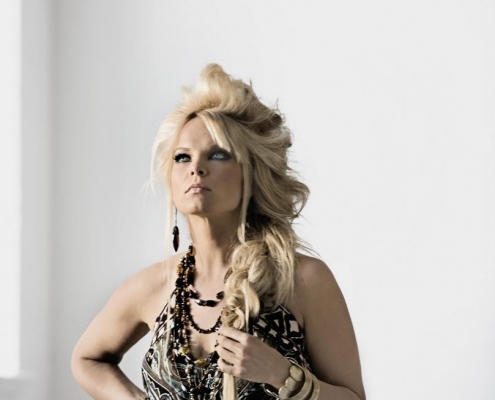
Opera News
"Elīna Garanča was a consistent pleasure to watch and hear. Vocally she projected the part with well-studied ease, using her smoky low notes and her robust middle to full effect. And the moment she set foot onstage, there was no way to look away from her Carmen."
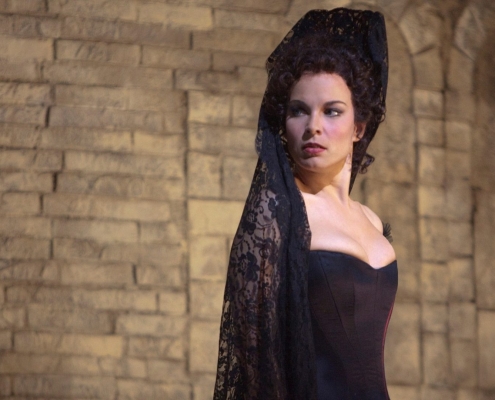
The Times
"She dominates in every scene.… Here’s one Carmen whose ability to reduce strong men to jelly is totally credible. But she also commands a voice that’s rich and vibrant from lowest note to highest, and capable of hurling out a contemptuous challenge with blazing power."
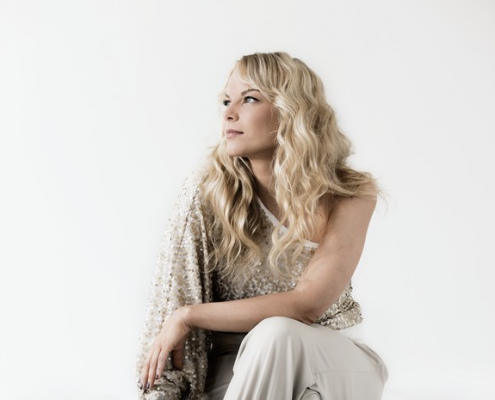
Gramophone
"Garanča’s voice has been described as “creamy,” “silken,” and “lustrous” (her chest register is superbly produced) but it also has a surprisingly rounded maturity. What sets her apart, however, is the unteachable ability to send shivers down the spine and make grown men salivate."
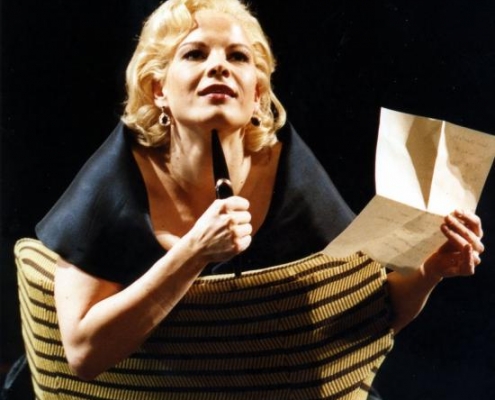
The Evening Standard
"Garanča has the edge. Her mezzo is stunningly impressive. Rising effortlessly to notes that would stretch many a soprano, it descends evenly throughout the compass, avoiding any unseemly changes of register."
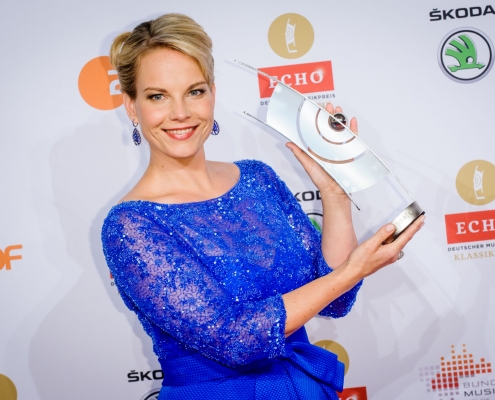
Classic FM
"It’s this versatility that makes Elīna’s voice so special and impossible to pigeonhole – she has the richness and depth of sound of a mezzo-soprano but also possesses all the top notes and an ability to “float” her voice that is the envy of many a bona fide soprano."
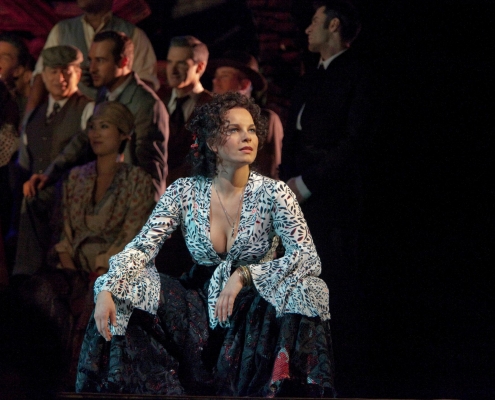
New York Magazine
"The Latvian mezzo-soprano Elīna Garanča is the most convincing Carmen in a long time, and not just because of the way she hikes her skirts to stroke a naked thigh.… Today, we can read [Carmen] as a guerrilla in the gender wars, a martyr to personal freedom, a narcissistic virago, or just a self-destructive vamp."
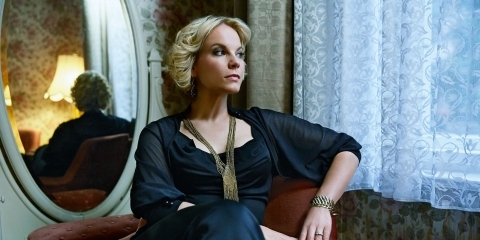
Opera News
"Latvian mezzo Elīna Garanča has now won the hearts of the Viennese, and it would be hard to imagine a more perfect creation. Vocally, everything one could want is there in abundance. Absolute beauty of tone, flawless technique, passion and sensitivity to her colleagues are but a few hallmarks of this coltish, magnificent performance."

The New York Times
"Dalila is like Carmen: There are so many clichés,’” Ms. Garanca said in her dressing room. “’Somehow Dalila is seen to be a calculating bitch who has just one goal, to destroy Samson. But I think that she is a very normal woman, who also has feelings."
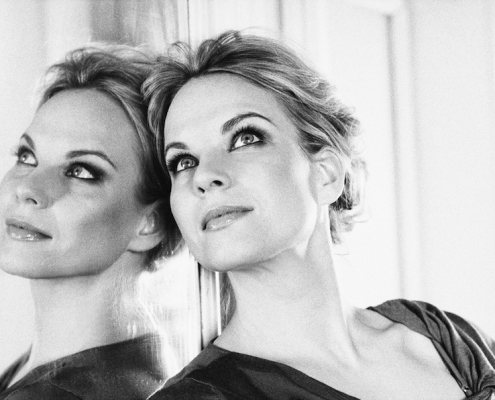
Sonntagszeitung
"It’s been a long time since we’ve experienced a young artist who takes such great delight in singing."
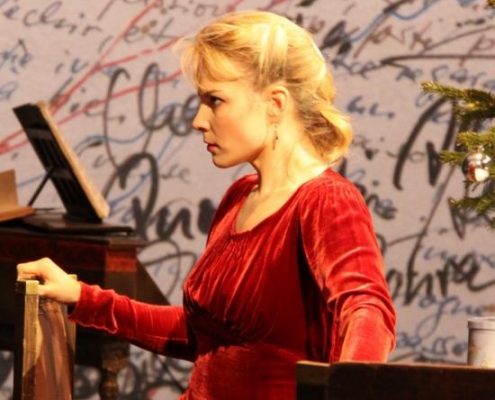
Die Welt
"Garanča lets us forget her predecessors in the role in a heartbeat. It is only her — and the role fits like a glove. Probably the best interpreter of the role since the legendary days of the young Agnes Baltsa."
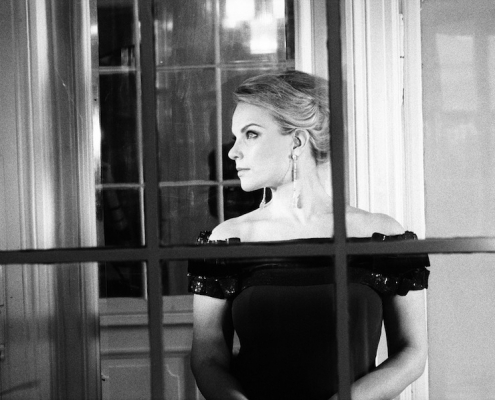
WQXR
"WQXR’s Annie Bergen hosts and evening of performance and conversation around Elīna’s performances as Dalila at the Metropolitan Opera and concert at Carnegie Hall."
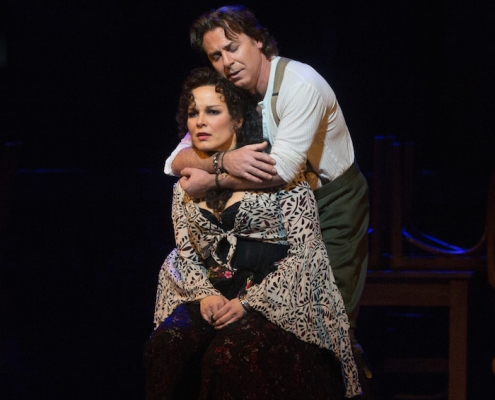
The Toronto Star
"After seeing Elīna Garanča as Carmen, it truly seems as if she has staked a claim on the role for years to come. Not only is her vocal delivery supple, yet powerful, but her sensuality, physical freedom and sense of woman-as-destroyer are unmatched."
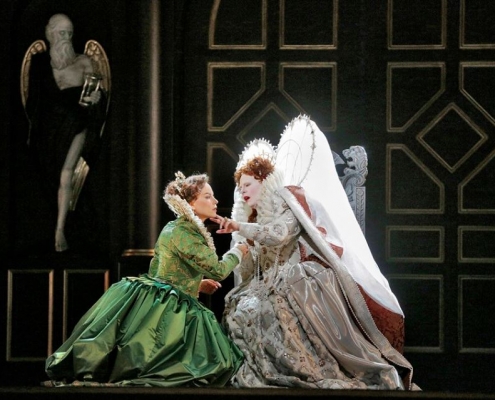
Opera Wire
"Elīna Garanča is, for many, THE mezzo-soprano of this generation, with her movie star looks and acting chops to match. She has performed at all the major theatres, showcased an extensive array of repertoire, and recorded award-winning albums."

Associated Press
“The music becomes so innocent and pure and transparently light,” the Latvian mezzo-soprano said in an interview. “She really expresses how wonderful it would be if there were no religion, no power, no struggles, so they could just be two people who connect together.”

The New York Times
"New York Times slideshow behind the scenes at the Metropolitan Opera in the lead-up to Roberto Devereux, featuring Elīna."
